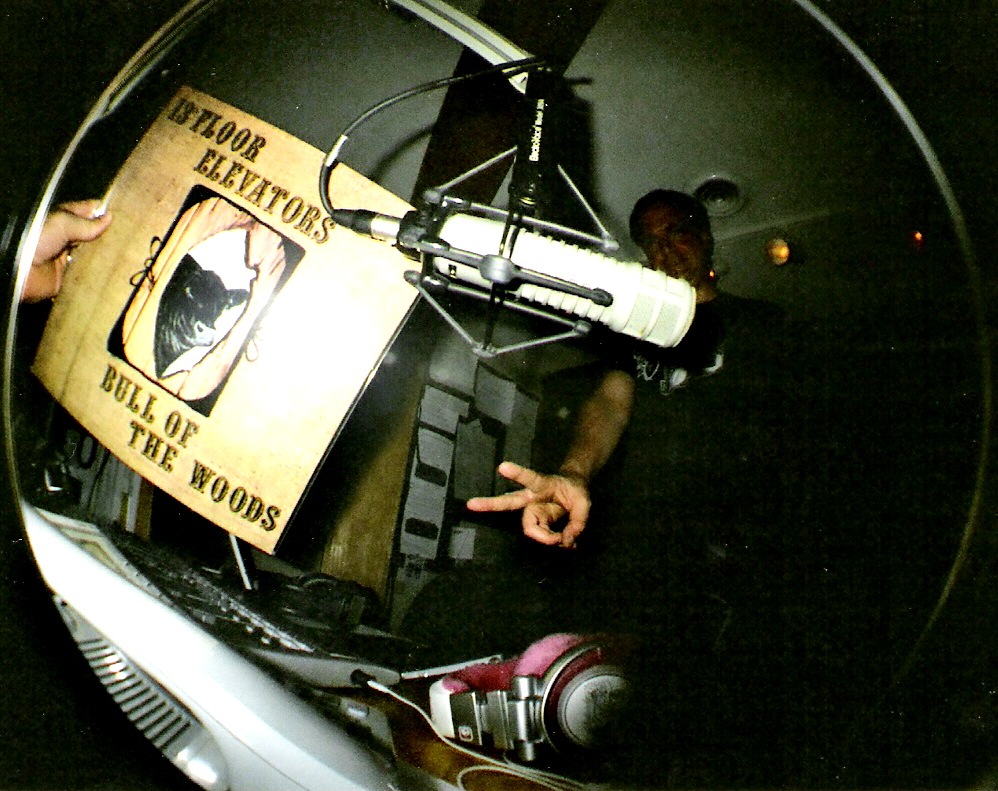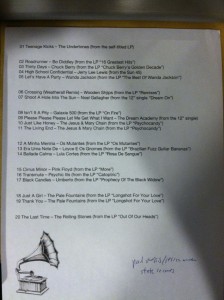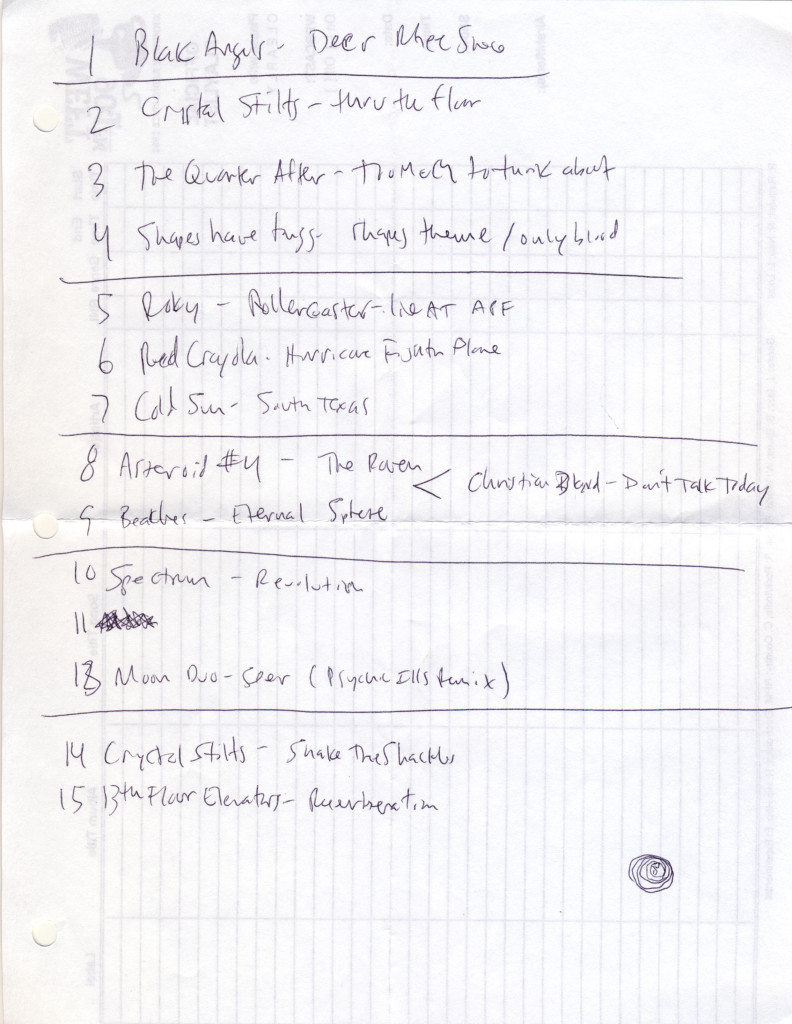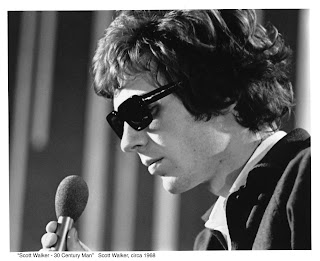
To give the listener a unique trip, Honcho and William may have neglected album tracks which cannot, in most cases, be improved upon by David Bowie or by anybody else. Still, with nearly half a century of solid material to edit into two hours, something had to get neglected. We present David Bowie in roughly chronologic order, from 1967 through the turn of the millennium. Commentary aplenty, including a withering dissection of the Rock and Roll Hall of Fame’s latest round of draft picks. Another collaboration, with William and Cristy handling matters through the Ziggy Stardust era, and Honcho blazing on to the present.
Listen to a unique cross-section of this amazing performer.
WILLIAM’S INTRODUCTION
After “Join the Gang:” And I quote: “Crazy clothes and acid full of soul and crazy hip.” In swinging 1967 London, the 20-year-old David Bowie is trying to get caught up.
David Bowie (formerly David Jones) from 1967 through 1969 recorded a great many songs that fall somewhere between psychedelic imagination and vaudeville novelty. The composer of music is following the writer of lyrics. The music is imaginative, at times campy, and also at times startlingly sweet.
During the next decade, David Bowie’s brutal record contract required him to release two albums a year. Given both the demands of this schedule, and the fact that we’re talking about the 1970s, when the forces of bad taste conspired against rock music, this body of work stands as a remarkable, multi-faceted achievement.
Due to the depth and complexity of Bowie’s catalog, it is possible for two fans to be in love with what seem like two different musicians.
This phase of Bowie’s recording career starts in 1969, with the album Man of Words/Man of Music (later reissued as Space Oddity). This record, while retaining strong lyric writing, sense of narrative, distinct and distinct songs, feels in its arrangement more like folk than rock.
This was followed by the moody hard rock of The Man Who Sold the World, then followed by a retreat into the more sincere and orchestral piano-folk sound of Hunky Dory, and then one final advance into electric-guitar-dominated stage rock from which he would not retreat. The road from folk to glam was apparently tortuous.
I am especially fond of the Bowie before 1973. The 1972 landmark classic Rise and Fall of Ziggy Stardust and the Spiders from Mars to me marks the moment David Bowie stopped writing about his feelings and friends.
As the fans in the song “killed the man and crushed his sweet hands,” David Bowie assassinated himself, erased himself from his own work, adopting to the alienation of fame by making himself a fiction. His lyrics, remaining smart and surreal, faded from the extravagant poetry of “Quicksand” to a vernacular. While “Join the Gang” seems to mock the times, the nazz with God-given ass seems very much of their period.
Not until 1980’s “Ashes to Ashes” would Bowie write another song I can identify as autobiographical or vulnerable.
As Ziggy Stardust, Bowie became guarded, impersonal and insincere. Alienated and alien. Full of cold sex and devoid of warmth or love. He had removed himself and his friends from his writing and instead populated his stage with a series of fashion poses, for example the Thin White Duke.
He adapted, and while I haven’t found much to hook me recorded after 1980, he perseveres. But as “David Bowie,” as an ever-expanding Russian doll of poses.










